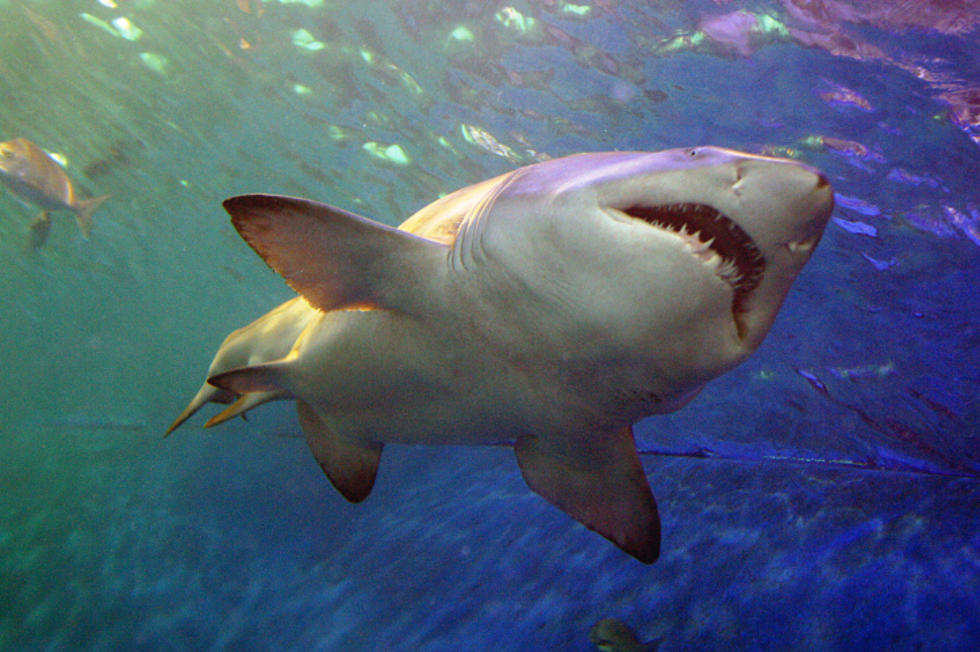
After Last Years Horrific Shark Attack in Harpswell, Maine, the State Has Tripled it’s Sensors
Study of Shark Behavior Continues in Maine
After last year's fatal shark attack in Harpswell, Maine, the State is stepping up its research on shark behavior according to cbslocal.com. The State had already deployed acoustic receivers off the coast but has increased the numbers of those sensors to 32 from Wells Beach to Popham beach.
What is the Purpose of the Acoustic Receivers?
While the acoustic receivers will not provide real-time data on shark activity, they will be pulled from the water and the information downloaded so that scientists can learn more about shark behavior in our area. Knowledge is power. The more we learn about how sharks act and how many are in the water, the better informed the public will be on what to watch out for. The sensors will provide information on migration, the number of sharks, and the times when they are cruising through our area.
Information to Be Downloaded Later This Month
The state will be retrieving the sensors at the end of the month and then putting them right back in the water to gather more information until late fall according to cbslocal.com. State officials are quoted as saying “to protect public safety and to provide important information about migration and habitat use of great white sharks in the Gulf of Maine,” per reporting by the news outlet cbslocal.com. The basics of supply and demand apply here. The more seals, the more dinners for sharks which keeps them coming back year after year. The inevitable argument ensues about culling the seal herd to keep down great white shark traffic, but it could take a year for the sharks to get the message that the seal restaurant off our coast is closed. Hopefully, the acoustic receivers will help scientists learn more about the great white shark behavior in our area.
LOOK: 15 Discontinued McDonald's Menu Items
LOOK: Here are the best small towns to live in across America
More From 97.5 WOKQ







